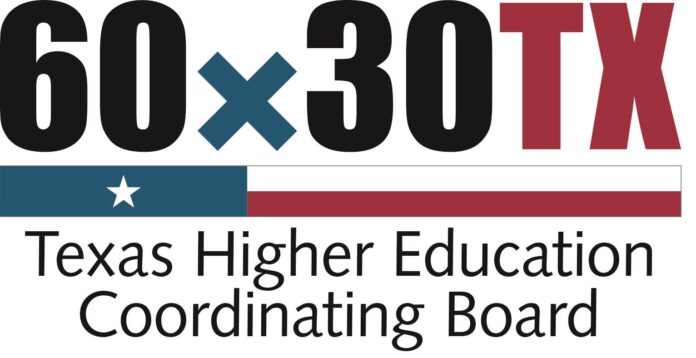A new strategic plan to arm more Texans with a degree or certificate is aimed to cover a wider range of students.
Commissioner of Higher Education Harrison Keller said the plan is the product of more than a year’s work by the Texas Higher Education Coordinating Board and Texas Higher Education Foundation and it’s called Building a Talent Strong Texas.
“We engaged hundreds of higher education leaders, employers, policymakers and other stakeholders across the state, so it’s exciting to release the summary report,” Keller said in an April 1 phone interview.
Keller said there have been some updates to the board, and then in January, the board adopted the targets for the plan.
“We took the decision to the board and folded them into the summary report that was just (a couple of weeks ago),” Keller added.
The goal of the 60 by 30 Texas plan was that by 2030, 60 percent of Texans age 25 to 34 would have some kind of degree or certificate.
“So we built on that goal and raised the bar. we have a goal for educational attainment still for 60 percent of our younger working population to have a degree, certificate or other higher education credential by 2030. We also added a new target that older working Texas age 35 to 64 should have a degree, certificate or other credential of value by 2030.
“I want to underline when I say other credential of value because that could include short-term credentials. It could include industry-recognized credentials. It could even include skilled apprenticeships, but the important caveat there is we put a marker down that the credentials that we count toward our higher education goals ought to be credentials that translate into real value for students and their families. We’re the first state to say … our goals for production of higher education credentials should be conditioned on the earnings that are associated with those credentials — are you better off for earning that kind of credential. We don’t just want to produce more credentials; we want to produce credentials that are of value to individuals, their families and to employers in our Texas economy,” Keller said.
During the pandemic, they saw the changes that were already happening in the economy were dramatically accelerated, for example, in how people use technology.
“… All of the sudden, we had hundreds of thousands of Texans who needed additional training. They needed to reskill or upskill. They needed additional skills. They needed to upskill sometimes just to get another job in the same industry they’d been working in, so the needs of employers have been changing faster than anyone anticipated so that means that we’re going to have to expand our focus and be more intentional about serving adult working Texans who will be older than 34 years old by 2030. That’s an important change from the original Texas 60 by 30 plan,” Keller said.
He added that they also put an “important marker” down on student debt saying the goal added clarity.
“… Our updated goal is that by 2030, 95 percent of our Texas students should be able to complete their undergraduate credentials either with no debt at all, or debt that would be manageable for the kind of credential they earn. Could you reasonably pay that debt back over 10 years given how much a typical credential holder would earn over that same period,” Keller said.
“The idea is to provide a little more guidance to students, their families, their advisors about how much debt is too much debt. We’re going to push institutions to monitor more closely how much debt students are taking out …,” he added.
Keller noted that more than half of Texas students graduate from college debt free and many of them work their way through school.
There are a variety of credentials that would pay off relatively fast from commercial truck driving to a certification in software experience design.
“… There are short-term programs in data analytics and project management, so there are things from more technical to more advanced short-term programs that can translate into tremendous value that are directly aligned with what employers need right now,” Keller said.




